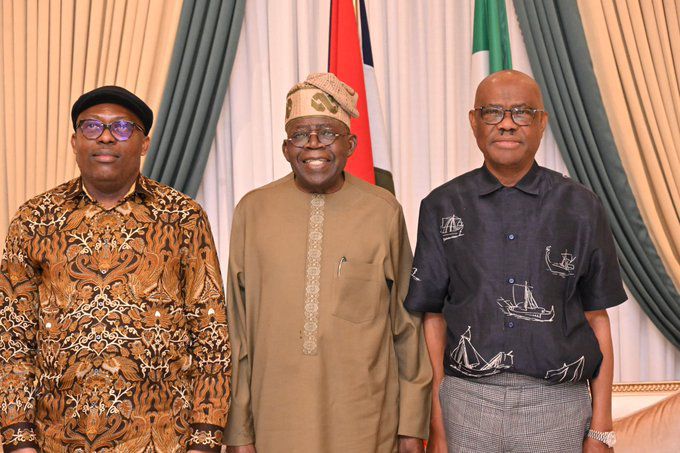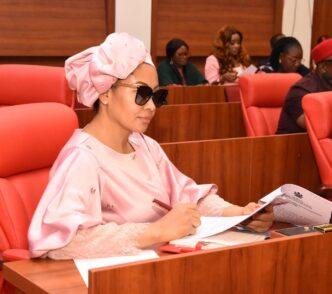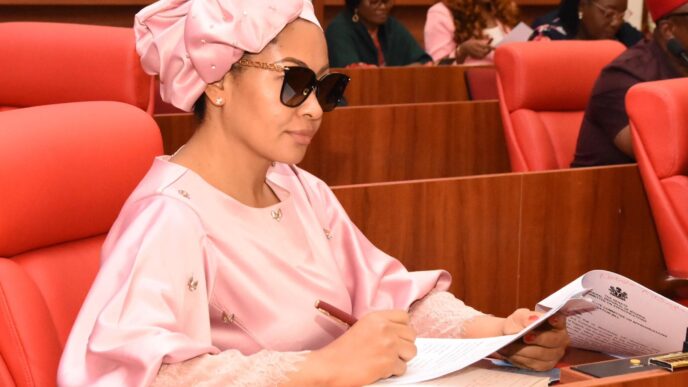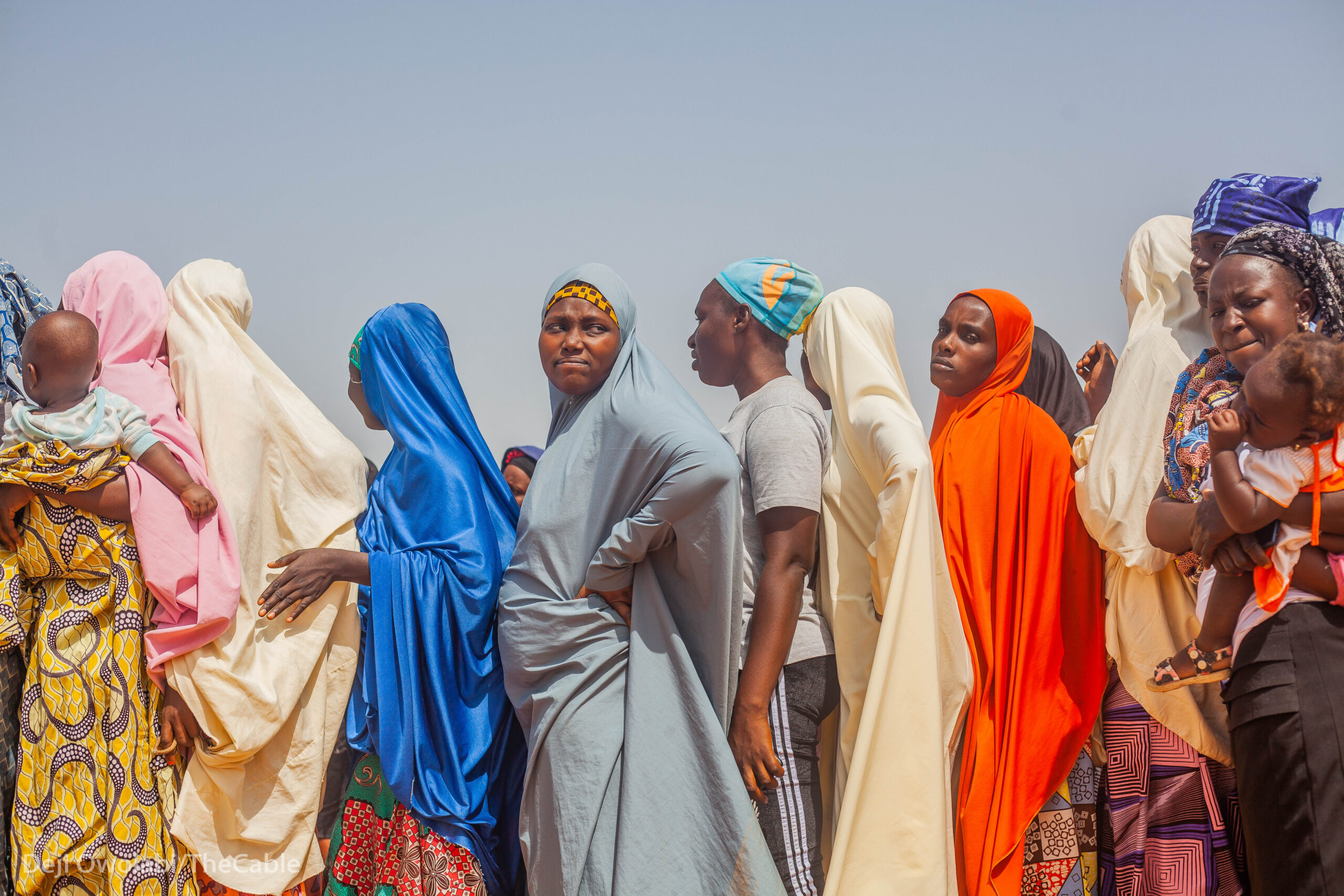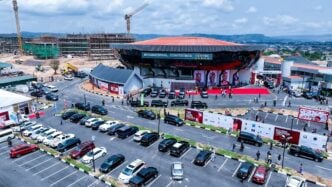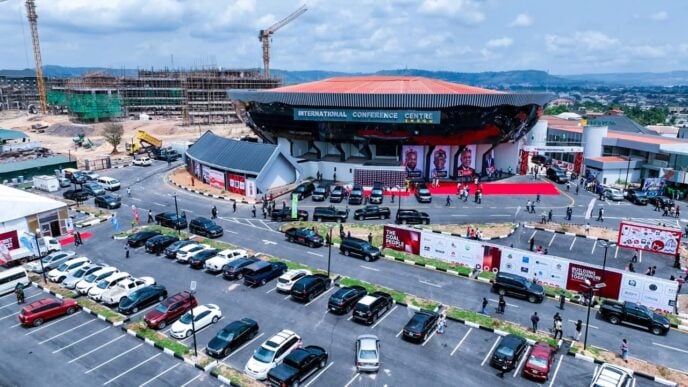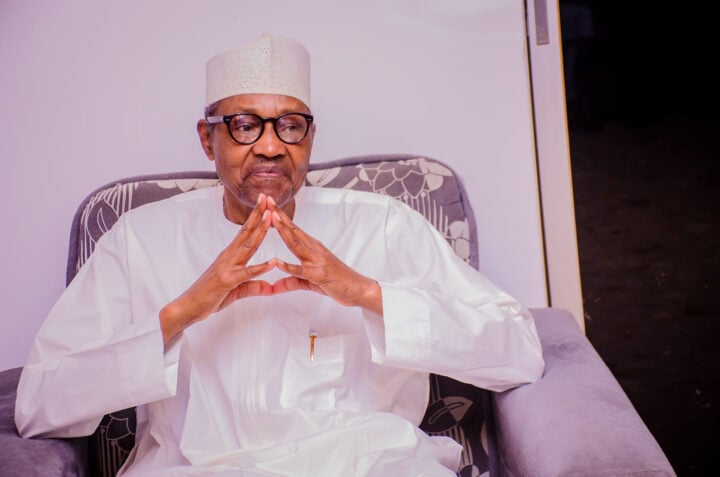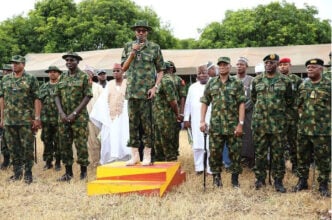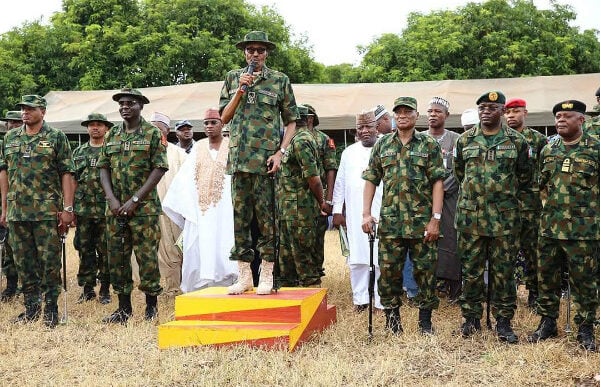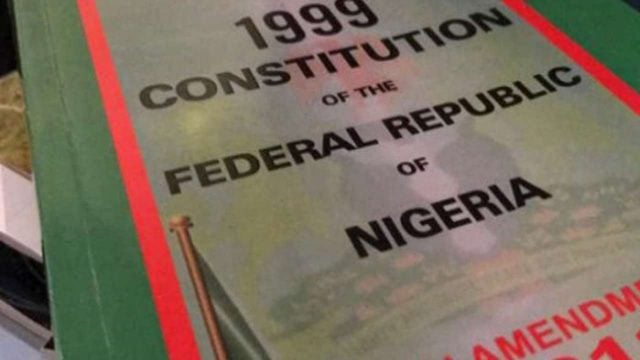LR: Siminalayi Fubara, Rivers governor; President Bola Tinubu; and Nyesom Wike, FCT minister
BY JOHN KOKOME
In the heart of Nigeria’s oil-rich Niger Delta lies Rivers, a land of immense wealth, vibrant culture, but unfortunately, with a troubled political history. Over the years, the state has become emblematic of the broader dysfunction that plagues Nigerian politics: godfatherism, electoral violence, and elite rivalry cloaked in development rhetoric.
Today, despite what appears on the surface to be calm, Rivers is arguably experiencing what many observers describe as a peace of the graveyard, a deceptive quiet masking deep-rooted tensions and unresolved political hostilities.
The Façade of Calm
Advertisement
Following the fallout between Governor Siminalayi Fubara and his predecessor and political godfather, Nyesom Wike, a fragile truce has been reached, thanks largely to federal interventions and elite negotiations. But this so-called peace is undergirded by intimidation, silence, and unresolved political wounds. The legislature was split, local government councils became battlegrounds, and the civil service is still reeling from conflicting loyalties. Political actors may not be openly at war, but they are far from reconciliation.
The calm on the surface is neither organic nor sustainable. It is imposed, maintained by the fear of retribution, the threat of federal might, and political manoeuvring rather than genuine consensus or democratic consolidation.
A History of Violent Politics
Advertisement
Rivers has long been a theatre of political violence. From the Ogoni crises of the 1990s to the cult wars and gang rivalries during election seasons, violence has often been a political tool, not an anomaly. With each election cycle, young men are armed, communities are divided, and public offices become spoils of war. The 2023 election season was no different, characterised by widespread voter suppression, thuggery, and intimidation.
In this context, peace cannot simply mean the absence of shooting. A state where democratic institutions are undermined, dissent is silenced, and power is consolidated through coercion is not truly at peace; it is merely quiet.
The Wike-Fubara Crisis: A Symbol of a Deeper Problem
The political crisis between Wike and Fubara is less about ideological differences and more about control, control of resources, political structures, and loyalty. It is a microcosm of Nigeria’s broader elite politics where transitions are rarely smooth and loyalty is often demanded at the expense of governance. That this rift played out so publicly, and yet remains unresolved beneath the surface, shows the fragile nature of the political peace in Rivers.
Advertisement
Wike, now a federal minister, continues to wield significant influence, while Governor Fubara struggles to assert his independence without sparking a full-blown crisis. The recent clampdown on local government chairmen loyal to Wike, and the power tussle over the Rivers state house of assembly are evidence that the embers of conflict still burn.
What Does Real Peace Look Like?
Real peace requires institutional reforms, reconciliation, and respect for democratic norms. It means depoliticising state structures, holding fair elections, allowing opposition voices, and creating space for civil society. Unfortunately, Rivers appears to be trapped in a cycle of fear, patronage, and political brinkmanship.
Until the state breaks free from these cycles, what we are witnessing is not peace but a pause, a graveyard silence that could erupt at any moment.
Advertisement
The silence in Rivers should not be mistaken for stability. It is the silence of a people caught between political gladiators, the quiet of a system waiting to implode. The true test of leadership in the state will not be how well politicians manage the quiet, but how boldly they confront the causes of the noise that preceded it.
Peace is not the absence of war; it is the presence of justice. And Rivers still waits for justice.
Advertisement
John Kokome, a communications strategist and public affairs analyst, writes from Lagos. He can be contacted via [email protected]
Advertisement
Views expressed by contributors are strictly personal and not of TheCable.
